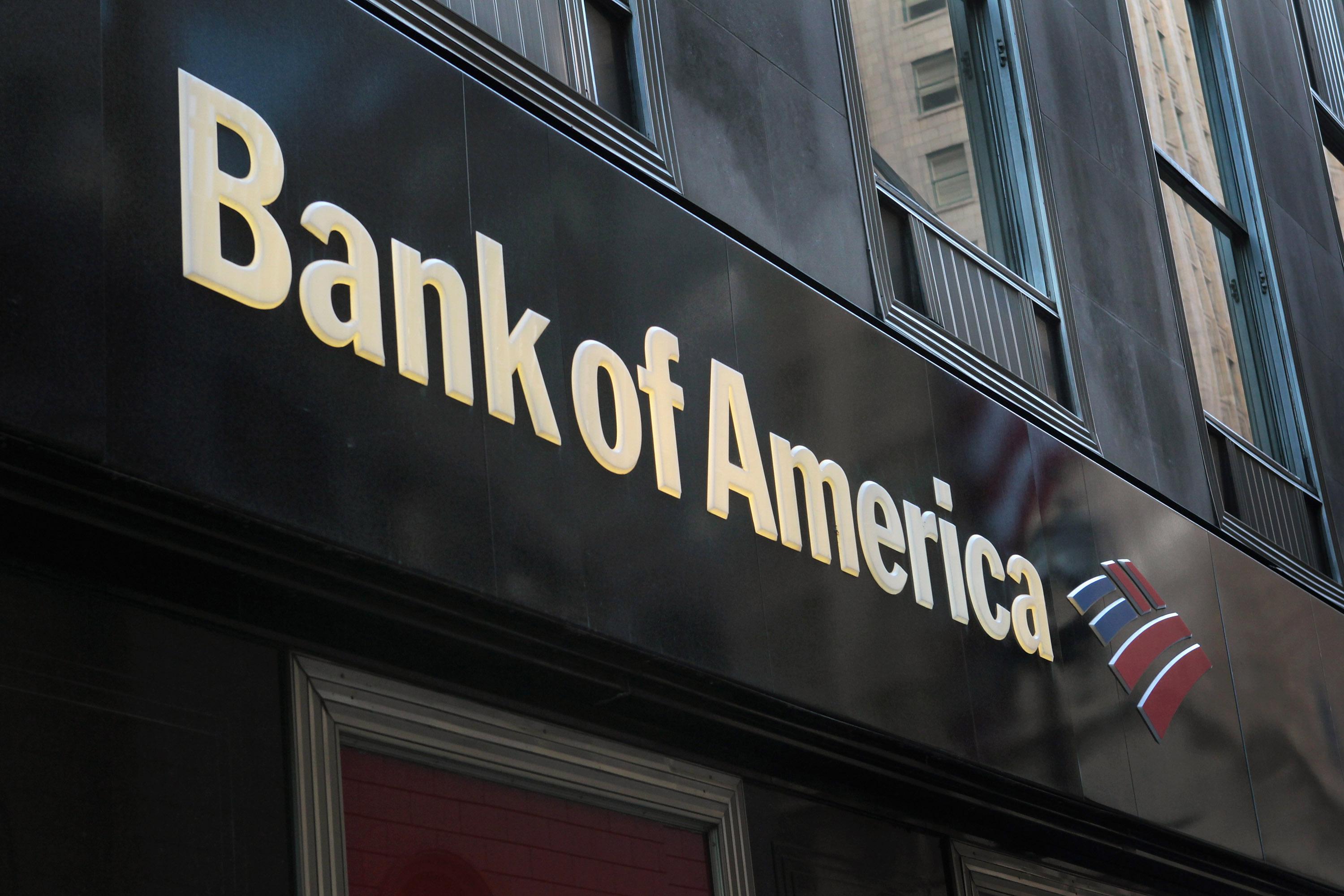Last spring, lawmakers and lobbyists for the retail and banking industries waged a pitched battle in Congress over a proposal to limit “swipe fees,” the nickel-and-dime fees that major banks charge retailers every time a customer buys something with a debit card. With the support of Sen. Dick Durbin, D-Ill., the retailers prevailed, and starting last month, the fees were capped at 21 cents per transaction (they had averaged 44 cents).
The rule’s critics cited the Econ 101 wisdom that price controls on a service tend to decrease the quality and availability of that service. In an editorial, the Wall Street Journal called the rule a “sop to Wal-Mart, Home Depot and other giant retailers,” and predicted it would prompt banks to end free checking and deny credit to low-income borrowers. Bloomberg Government estimated the rule would cost the largest U.S. banks $8 billion per year in revenue—unless, of course, they found ways to make up that revenue.
Bank of America found a way. Or, it thought it did. Days before the swipe-fee cap took effect, the bank announced plans to charge customers a $5 monthly fee to make purchases on their debit cards. “The economics of offering a debit card have changed with recent regulations,” a Bank of America spokeswoman told Bloomberg Businessweek. In other words: Don’t blame us, blame Durbin.
Some did. But many more blamed the bank. It wasn’t the first or the only bank to respond to the swipe-fee cap by charging customers directly. But it’s the nation’s largest bank by assets, and its fees were among the highest. Customers lashed out on Twitter, and a Facebook group called for people to switch to credit unions on a national “Bank Transfer Day.” Occupy Wall Street protesters marched on the bank’s offices and pelted them with paper airplanes. One 22-year-old customer got 200,000 people to sign a petition on Change.org calling for the bank to drop the fees.
On Tuesday, following competitors’ lead, the bank bowed to the pressure. What lesson can we take from its about-face?
For one thing, it’s another sign that customers can affect the behavior of big corporations more rapidly than ever before. The blog Deal Journal called the decision Bank of America’s Qwikster moment, a reference to Netflix’s ill-fated move to spin off its DVD-by-mail service in September. The company changed course weeks later, after losing some 800,000 customers. Bank of America acted even faster, scrapping the fees before they went into effect. These days, customers don’t just vote with their feet; they vote with their tweets.
But what of the whole Durbin kerfuffle? As Slate’s David Weigel points out, House Majority Leader Eric Cantor asserted earlier this month that BofA’s announced fee hikes proved the swipe-fee legislation was a bad move. So is its cancelation of the fee hikes evidence that it was a good move? Is this, as retail industry groups crowed, “proof-positive that consumers remain swipe fee reform’s biggest winners”?
Don’t bank on it. The biggest winners, for now, are the retailers. Unless you’ve seen some big “23 cents off” sales at your local stores since the new rules went into effect on Oct. 1, chances are they’ve pocketed a good portion of the savings. While consumers may eventually see some benefits in the form of marginally lower prices, it would be unwise to count out the banks just yet. They’re now back to where they were before they got the bright idea to hike debit fees: hunting for ways to recoup some of those billions they’ll lose on swipe fees.
But haven’t they learned from their mistakes? Of course. They’ve learned not to be so direct and transparent about the ways in which they go about extracting more money from their customers.
When Bank of America announced the fee hikes last month, Durbin said the move showed that “some big banks and credit card companies care less about providing customer service than they care about squeezing customers for more fees.” Wrong. All big banks and credit card companies care more about profits than about customers. They’re owned by investors, not altruists. If they can’t make money on swipe fees or debit card fees, they’ll make money on other fees.
Some on the right have interpreted Tuesday’s move by Bank of America as evidence that the market regulates banks better than the government does. They point out that House Democrats had been calling for an investigation into whether the debit fee hikes arose from collusion, an allegation that now looks silly. They’re right that many decisions, such as how much banks should charge customers for debit card service, are best left to market forces. But before we throw the Dodd-Frank baby out with the Durbin bathwater, it’s worth remembering that banks’ bad decisions often affect people other than just their own customers.
